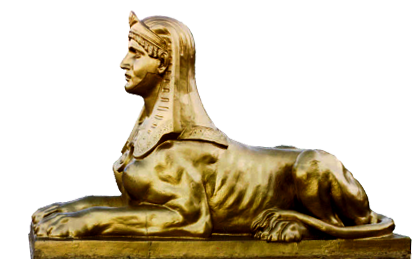Court proceedings and crime investigations often require the proficiency of a forensic expert, an expert witness who gives forensic-related judgements and assessments or testifies in court during a trial or hearing on the merit of his or her specialized knowledge and understanding.
The opinion of a forensic expert is valued because it can explain an occurrence whether it took place in the past or is presently happening. They can also interpret how an event my transpire in the future.
In addition to factual information given in a court of law, expert witnesses like forensic experts are also legally allowed to give their opinion. Their expert opinion will often hold more weight in court than the judgement or viewpoint of your average person because of their experience, education and scientific or technical training. A forensic expert that is called upon to be an expert witness must have credentials in the area of study applicable to the subject of the case.
A forensic expert must be extremely knowledgeable to make their testimony solid and believable to the judge and jury. They must ideally possess the following characteristics:
- Honesty – They present honest and accurate testimony.
- Composure – They remain controlled and level-headed when being questioned.
- Expertise – They demonstrate knowledge and command of the subject matter.
- Organization – They must be well-ordered and methodical with reports and pieces of evidence that may need to be referenced or presented in court.
- Vigilance – They respond to questions promptly and remain attentive during a trial or hearing.
When Should an Attorney Use this Type of Expert?
If you are an attorney, you can leverage a forensic expert to testify in court on a variety of different subjects in criminal and civil cases. Their expertise can help to bring charges and convictions against criminals or settle civil disputes. They can work for a defense team or law enforcement, but must be well-informed on the laws that relate to the circumstances of the case where they are giving expert testimony.
Since these experts use forensic science, their approaches are generally rational, reliable and accurate with scientific methods supporting them. A forensic expert can identify new evidence, link associated proof to the relevant party, and show why someone is innocent or guilty. Through scientific analysis or other various processes, they may recount to the judge and courtroom how a crime occurred. To reach these types of conclusions, they obtain information in a logical way through gathering facts from evidence and testimony of other witnesses and must test evidence or collect scientific and technical data associated with the case.
Whether it be a criminal or civil action, having the testimony of a forensic expert can be invaluable to a case.

